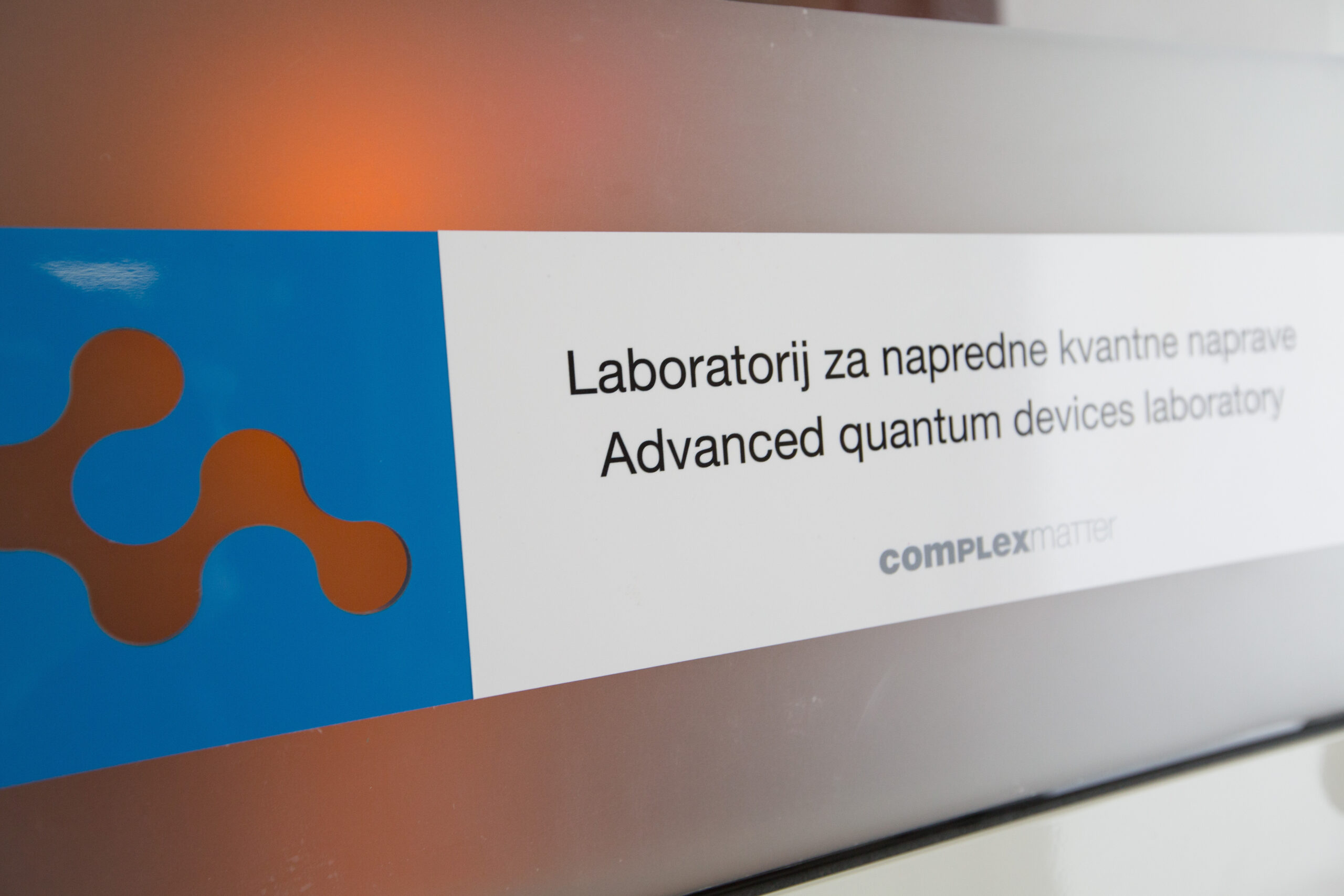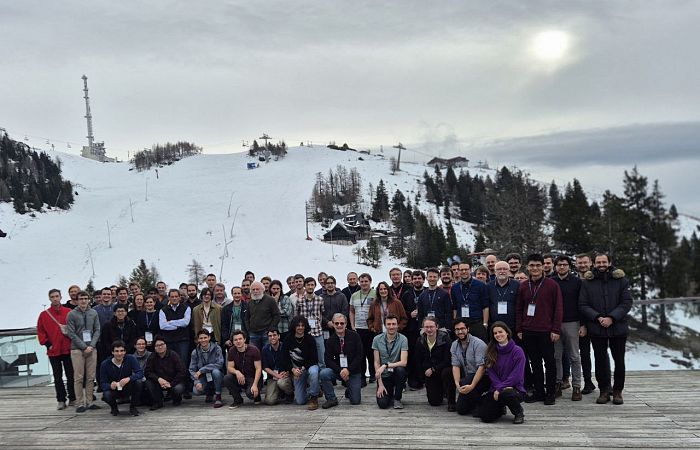Anton Khvalyuk
Superconductors are characterized by appearance of a finite current density j = – 1/c \; \rho_S A in response to a locally homogeneous time-independent external vector potential A, with \rho_S being the superfluid density. In relatively clean BCS superconductors, \rho_S only weakly depends on temperature due an exponentially low density of thermal quasiparticles. However, strong nonmagnetic disorder is known to drastically modify the situation. Notably, the normal state eventually becomes insulating with a hard gap in the single-particle density of states – a so-called pseudogap. In this talk, we report direct measurement of \rho_S(T) in a strongly disordered pseudo-gaped superconductor, amorphous \rm InO_x, revealing an unusually strong power-law suppression of the superfluid stiffness \delta \rho_S (T) \propto T^b at T \ll T_c, with b \sim 1.6. We then address this issue theoretically within a certain model of a disordered superconductor with a pseudogap, resulting in a similar low-temperature power-law behavior with exponent b \sim 1.6 – 3 being disorder-dependent. This power-law suppression of the superfluid density occurs mainly due to the broad distribution of the superconducting order parameter that is known to exist in such superconductors [arXiv:1012.3630]. Our observations demonstrate the existence of low-energy excitations and imply a new channel of dissipation associated to the latter, while the pseudogap rules out the quaisparticles. Our findings have implications for the use of strongly disordered superconductors as superinductance in quantum circuits. The talk is based on our recent paper [arXiv:2311.15126].

